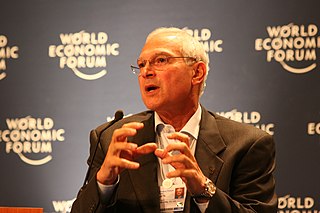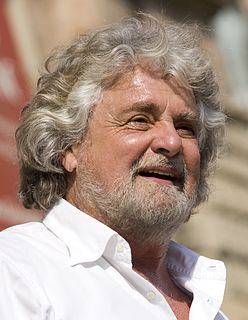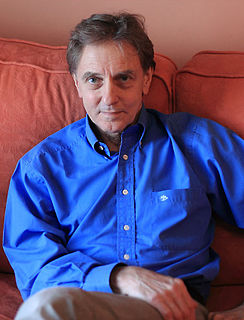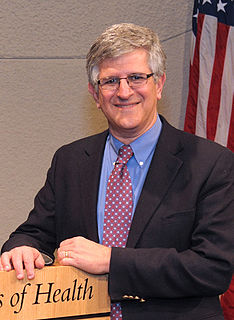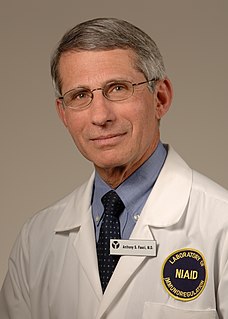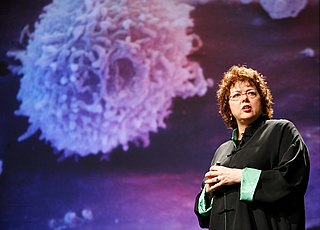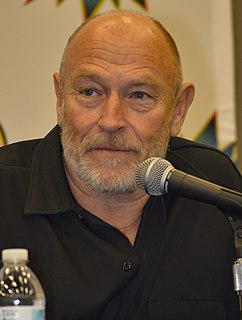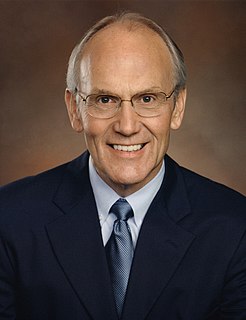Top 140 Vaccines Quotes & Sayings - Page 2
Explore popular Vaccines quotes.
Last updated on April 21, 2025.
Today, tomorrow and every day, we will see at least 2,000 young children killed or seriously injured on the world's roads. This is unacceptable, preventable, and we have to stop it. We have the vaccines for this disease: helmets, seatbelts, speed enforcement, safe road design. We just need to use them.
Vaccines have played a fundamental role in eradicating terrible illnesses such as polio, diphtheria, and hepatitis. However, they bring a risk associated with side-effects that are usually temporary and surmountable... but, in very rare cases, can be as severe as getting the same disease you're trying to be immune to.
For just a few dollars a dose, vaccines save lives and help reduce poverty. Unlike medical treatment, they provide a lifetime of protection from deadly and debilitating disease. They are safe and effective. They cut healthcare and treatment costs, reduce the number of hospital visits and ensure healthier children, families and communities.
Information's right at our fingertips, but so is what you want to believe. It's the classic thing of someone Googling 'autism vaccines' - they'll find what they're looking for, depending on what they think. You'll find lots of people who are just bolstering what they already think, bolstering their cultural attitude.
Hopefully, whether it's energy or child vaccines, the case of the many benefits helping countries so that they are stable, so these refugee problems that have been troubling for Europe - a little less so for the U.S. but, even so, a lot of controversy there - these things are why the future's going to be better than the past. People really do look to the United States, so we'll be there making the case.


